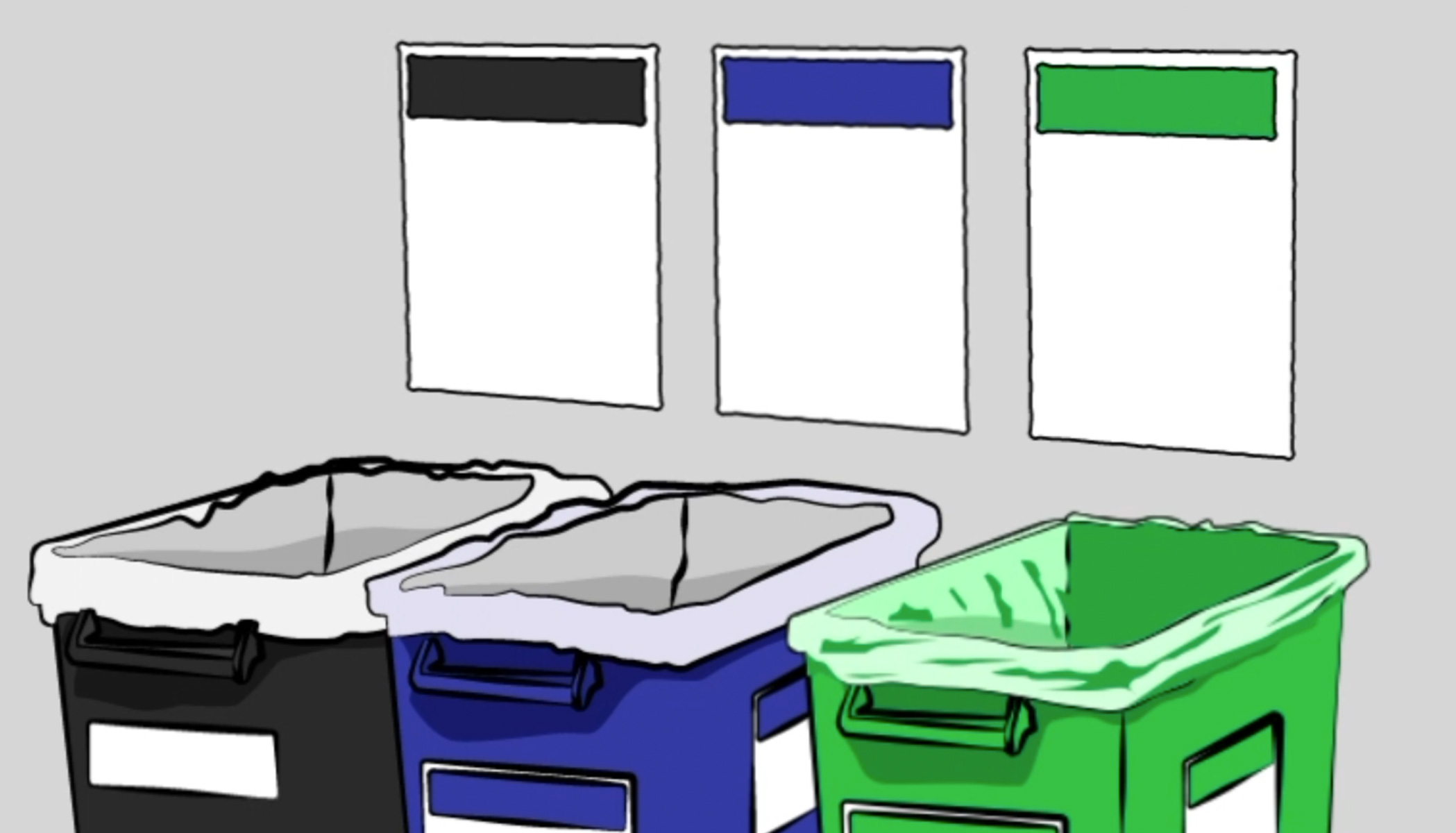Organics Reduction and Recycling Ordinance
California State law, SB 1383, aims to keep food and other compostable materials ("organics") out of landfills to reduce emissions that contribute to climate change. In Alameda County, the law is implemented and enforced under the Organics Reduction and Recycling Ordinance. Download a printable flyer of the rules.
Under the law, businesses, nonprofits, institutions, schools, and multi-family properties must comply with the following rules.
Rules for residents are slightly different.
|
- To file a complaint for a violation of this law, click here.






